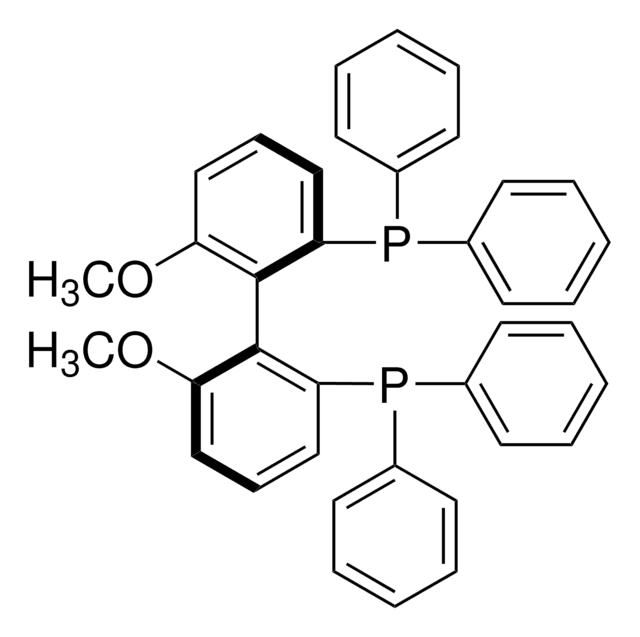916226
Lifeink® 200
neutralized type I collagen bioink, 35 mg/mL
Synonym(s):
3D Bioprinting, Bioink, Collagen
Sign Into View Organizational & Contract Pricing
All Photos(1)
About This Item
UNSPSC Code:
12352201
NACRES:
NA.23
Recommended Products
Quality Level
sterility
sterile; sterile-filtered
form
viscous liquid
concentration
30-45 mg/mL (Collagen concentration)
35 mg/mL
impurities
≤10 EU/mL Endotoxin
color
white to off-white
pH
6.9-7.6
storage temp.
2-8°C
Application
Lifeink(TM) 200 is a collagen based bioink that is suitable for 3D bioprinting using the FRESH printing technique. The recommended printing temperature is at 2-8 °C. It is a 35 mg/ml type I collagen. Lifeink(TM) 200 is composed of pH neutral collagen with physiological salt concentration. The collagen starting material is purified using a controlled manufacturing process. This bioink possesses high print fidelity, shear-thinning, strong mechanical strength, and good cytocompatibility.
Legal Information
Lifeink is a registered trademark of Advanced BioMatrix, Inc.
Signal Word
Warning
Hazard Statements
Precautionary Statements
Hazard Classifications
Met. Corr. 1
Storage Class Code
8A - Combustible corrosive hazardous materials
WGK
WGK 1
Certificates of Analysis (COA)
Search for Certificates of Analysis (COA) by entering the products Lot/Batch Number. Lot and Batch Numbers can be found on a product’s label following the words ‘Lot’ or ‘Batch’.
Already Own This Product?
Find documentation for the products that you have recently purchased in the Document Library.
Analysis and Classification of 3-D Printed Collagen-Bioglass Matrices for Cellular Growth Utilizing Artificial Neural Networks
Schmitt T, et al
University Chemistry (2018)
Emerging Business Models Toward Commercialization of Bioprinting Technology.
Balakhovsky Y M, et al.
3D Printing and Biofabrication, 513-533 (2017)
In vivo remodeling of a 3D-Bioprinted tissue engineered heart valve scaffold.
Maxson E L, et al
Bioprinting, 16, e00059-e00059 (2019)
In vivo remodeling of a 3D-Bioprinted tissue engineered heart valve scaffold.
Maxson E L, et al.
Bioprinting, 16, e00059-e00059 (2019)
G Filardo et al.
Bone & joint research, 8(2), 101-106 (2019-03-28)
Meniscal injuries are often associated with an active lifestyle. The damage of meniscal tissue puts young patients at higher risk of undergoing meniscal surgery and, therefore, at higher risk of osteoarthritis. In this study, we undertook proof-of-concept research to develop
Our team of scientists has experience in all areas of research including Life Science, Material Science, Chemical Synthesis, Chromatography, Analytical and many others.
Contact Technical Service




![Exo-2-Naphthyl Kwon [2.2.1] Bicyclic Phosphine](/deepweb/assets/sigmaaldrich/product/structures/324/907/a6c29ce5-9be1-4585-9bfb-6dca8272f6e4/640/a6c29ce5-9be1-4585-9bfb-6dca8272f6e4.png)




